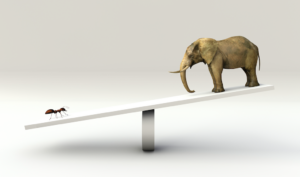
How to Prevent (or Defeat) WFH Burnout and Zoom Fatigue
When the COVID pandemic swept through the country last year, companies rapidly transitioned employees to remote working. However, this shift led to growing challenges, including WFH burnout and Zoom fatigue. As we transition from pandemic to post-pandemic life, many companies are adopting hybrid models, where some workers come into the office part-time only while others remain fully remote. That model means our burnout and fatigue issues will remain relevant for the foreseeable future. Unfortunately, organizations treat these issues as simply day-to-day challenges. They fail to recognize their systematic, long-term nature; they don’t address them strategically. At heart, these problems stem from






